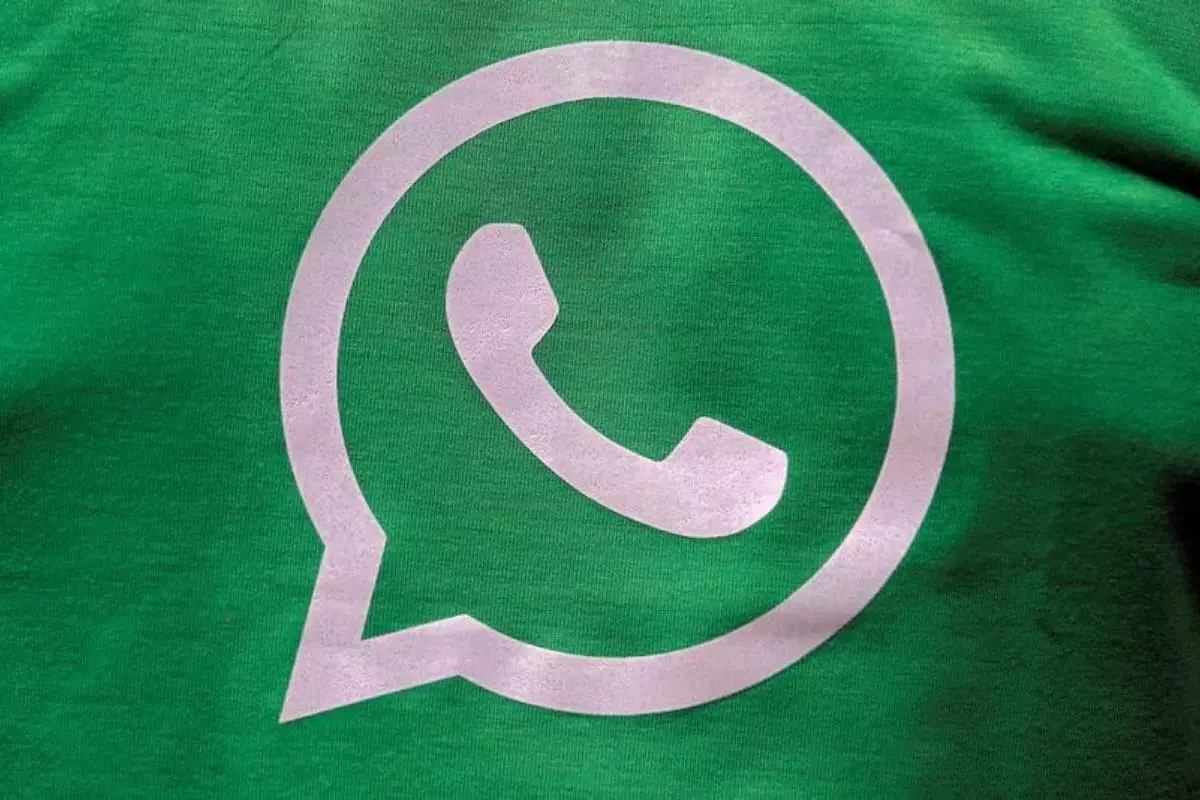WhatsApp, one of the most popular instant messaging platforms, recently announced that it will start supporting third-party chats for its users. This move comes after Meta, WhatsApp’s parent company, revealed that the decision to make the app interoperable was influenced by the European Union’s Digital Markets Act (DMA) coming into effect in 2022.
After initially facing challenges in ensuring end-to-end encryption with third-party apps, Meta claims to have resolved these issues and is now ready to roll out the feature for users. The company took an additional six months to build the technicalities for the interoperable feature, which will allow users to interact with users on separate messaging apps, similar to what is being done with Messenger, an integrated messaging app with Facebook.
Meta assured users that the integration of this feature will prioritize privacy and security as much as possible. The company plans to introduce new notifications for the app that will inform users about third-party chats, allowing them to choose which apps they want to receive messages from and how they want to manage their inbox.
WhatsApp users will have the option to keep third-party chats separate from the main inbox interface or combine them together. The app will also support app-specific features such as message reactions, direct replies, typing indicators, and read receipts. Additionally, users can expect the ability to create groups and make voice and video calls within WhatsApp by 2027.
Meta stated that they are collaborating with third-party messaging services to ensure a safe experience for WhatsApp users. This collaboration aims to provide users with more flexibility and control over their messaging interactions, ultimately enhancing the overall user experience on the platform.
The upcoming support for third-party chats on WhatsApp represents a significant step towards increased interoperability and user engagement. With a focus on privacy, security, and user-friendly features, it is evident that Meta is committed to providing a seamless messaging experience for its users. As the integration progresses, it will be interesting to see how this move shapes the future of messaging apps and communication platforms.


Leave a Reply